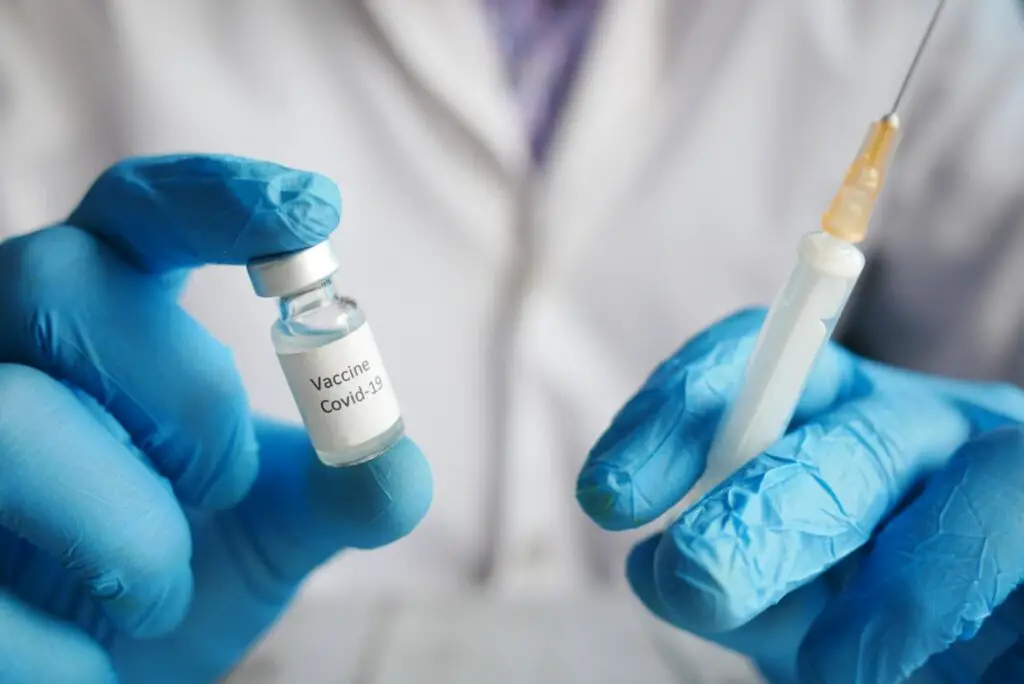Many colleges and universities in Connecticut have reportedly seen a significant decrease in the number of COVID-19 cases among students and employees due to vaccine mandates.
The University of Connecticut (UConn), which was forced to quarantine entire dormitories due to a surge in cases last year, has tallied just 18 cases since the start of the fall semester.
According to the school’s dean of students, Elly Daugherty, the “relatively low” infection rate at the research institution can be credited to an administrative decision requiring all students be vaccinated before attending in-person classes.
“Vaccination is the quick answer. But having a compassionate introduction to a new requirement during an unsettling time was really essential,” she told Hartford Courant.
In addition to UConn, Central Connecticut State and Southern Connecticut State University have also reported a low number of COVID-19 cases since late August, with only 12 and 11 cases, respectively. Eastern Connecticut State University has also recorded seven, while Western Connecticut State University has so far only had one COVID-19 case.
Other Positive Effects of Vaccination
UConn officials believe that the high rate of vaccination in Connecticut did not only lessen the infection rate, but also allowed many schools to lighten up on pandemic-related restrictions.
Nearly all Connecticut institutions are requiring vaccination and implementing various infection control measures to prevent an outbreak. Some schools limit testing to unvaccinated students, while others require biweekly testing of all students.
“Last year if a person was identified as a close contact of someone who had COVID, they would be placed in isolation for 10 days. Now, with the CDC’s guidelines, if somebody is fully vaccinated, asymptomatic and identified as a close contact, they can continue to go to class, they can continue to go to dining, they can continue life as normal,” Medical Director at Wesleyan, Dr. Tom McLarney, explained.

